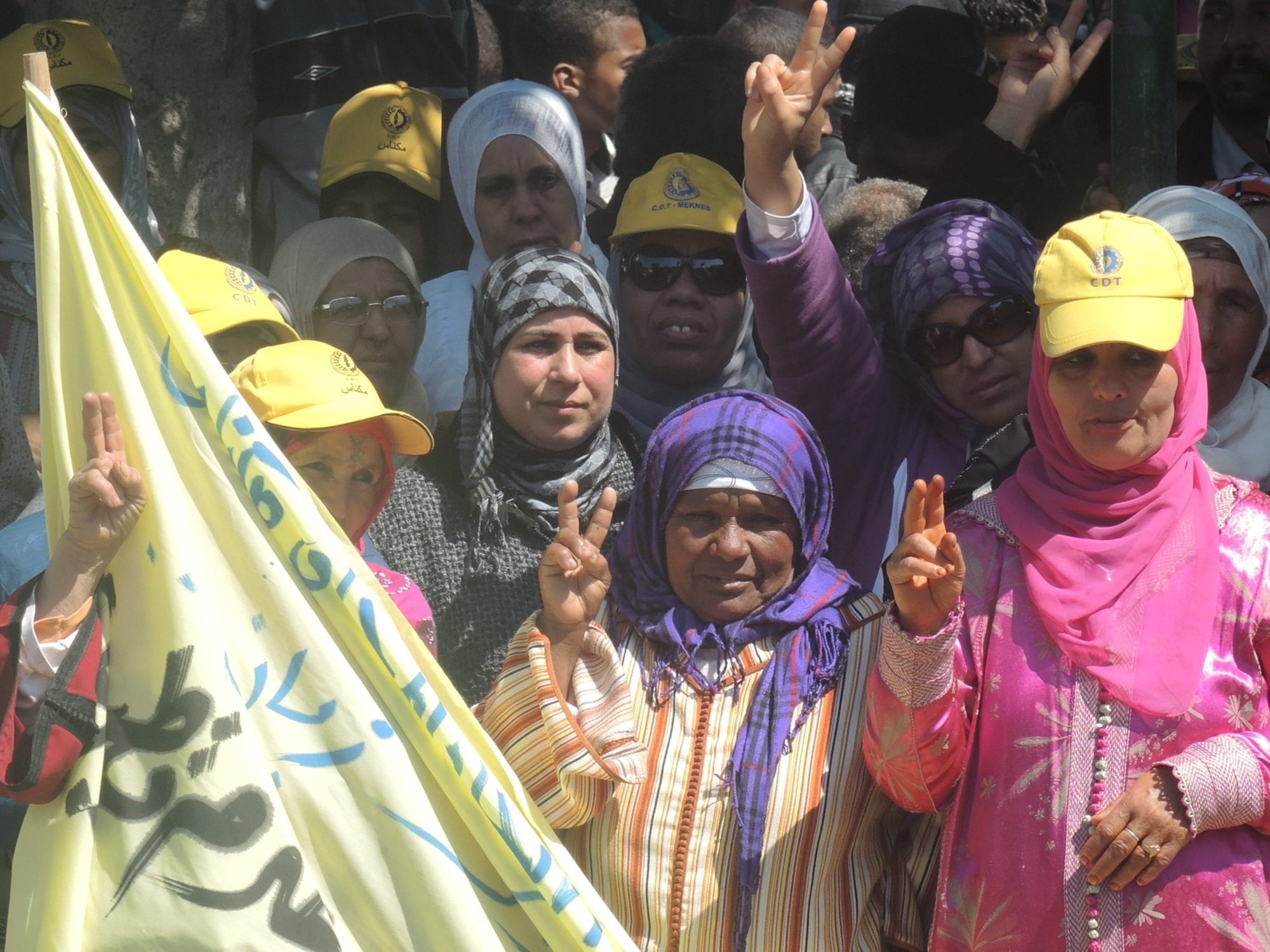
Oct 28, 2017
Agricultural work remains one of the most dangerous in the world. And women, who comprise between 50 percent and 70 percent of the informal workforce in commercial agriculture, are especially vulnerable to sexual harassment, physical abuse and other forms of gender-based violence at work.

Through gender equality training, Touriya Lahrech has enabled women farm workers to stand up for their rights. Credit: Solidarity Center/Hind Cherrouk
In Morocco, where the Solidarity Center partners with the Democratic Labor Confederation (CDT) to improve worker rights, the first step in addressing gender-based violence in the agricultural sector is enabling women to recognize its detrimental impact, says Touriya Lahrech, coordinator of the CDT’s Women Department and part of its executive board.
When women understand how gender-based violence at work is part of a larger structural system preventing them from attaining better wages and decent working conditions, they can go on “to denounce these kind of practices and exercise their rights,” she says, speaking through a translator.
As the United Nation commemorates November 25 as the Day for the Elimination of Violence against Women, the Solidarity Center and allies throughout the international labor, human and women’s rights communities are working with the International Trade Union Confederation (ITUC) to campaign for an International Labor Organization (ILO) convention to stop violence and harassment at work. (The ITUC campaign toolkit includes talking points, resources and tips for lobbying your government.)
November 25 also launches 16 Days of Activism against Gender-Based Violence Campaign, a time to galvanize action to end violence against women and girls around the world.
Empowered Women Propel Landmark Bargaining Agreement
In Morocco’s fertile fields outside Meknes, some 1,000 agricultural workers on five large farms won a landmark contract in 2015 that boosted wages, provided safety equipment and other fundamental protections. Since then, union leaders have negotiated an extension of the contract to 200 additional workers at another large farm.
The success of the multi-year effort to achieve the agreement stems in large part from the gender equality trainings by CDT and Solidarity Center. Launched in 2007, the trainings enabled women to understand their rights and to take steps to improve their difficult conditions, says Lahrech.
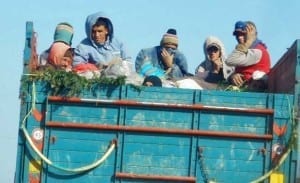
Agriculture workers in Meknes, Morocco, head to work. Credit: Solidarity Center/Hind Cherrouk
The women help determine the issues important to them and also design their trainings, which are conducted through role play because many are illiterate. “The fact that they participate in the design of the role play which builds on their own experiences” is especially meaningful and effective, says Lahrech. Engendering conversation and listening instills participants with the value they deserve, she says.
Lahrech describes how women who initially sat in the back of the room too fearful to speak, have gone on after the trainings to take the microphone at massive rallies on Women’s Day and in CDT meetings where they articulated their rights.
The contract, reached with agro-industry employer, Les Domaines Brahim Zniber, includes first-ever maternity leave, a key demand of the women workers. The contract also is especially important for women because they now have equality with men, says Lahrech. Equality with men means women, who previously were blocked from “male” jobs, like truck driving, now have access to these generally higher paying jobs. “When women can drive trucks, they earn more pay and that is better for everyone,” she says.
Further, the agreement provides employment security for all workers, who had been classified as seasonal and so not eligible for social protections like pensions and health care. The precariousness of agricultural work is compounded by informal employment arrangements driven by the seasons when cash crops are planted and harvested.
Unions Key to Social and Economic Improvements
Lahrech, who also serves as a member of the ITUC’s Women’s Committee and the Arab Trade Union Confederation Women’s Committee, is a long-time union advocate who began working with agricultural workers after she discovered how women in the sector are “at the mercy of the employer, with no social security, no retirement, and in general, not many rights due to the lack of contract.”
Sparked by her participation in student protests, Lahrech made it her life’s goal to effect positive societal change—and soon realized the most effective means to do so is through unions.
“We can’t make the social and economic system change without union involvement,” she says. “When I saw the divide in social classes, I revolted, but I found the frame to challenge this anger—through trade unions.
“Together with others in the union, we share, through solidarity, because things can change with solidarity.”
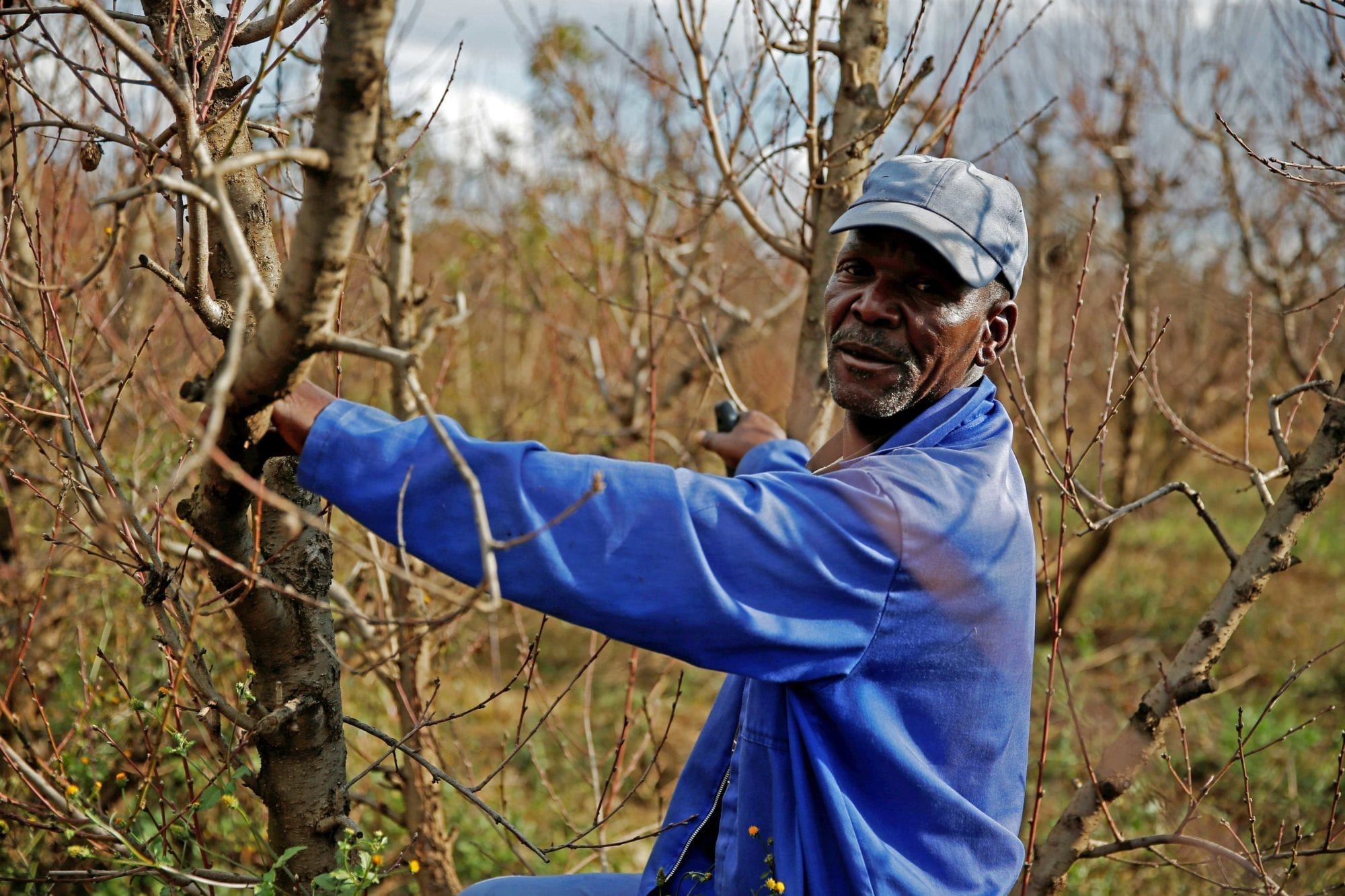
Oct 10, 2017
Agriculture employs nearly half of the world’s workforce. Low-paying and seasonal, it also is one of the three most hazardous sectors for workers (along with construction and mining), according to the International Labor Organization.
Agriculture workers are often denied decent wages. This is especially true for women, who, despite their predominance in the sector (50 percent to 70 percent of informal agriculture workers are women), are paid up to 50 percent less than their male co-workers for doing the same job. The precariousness of this work is compounded by informal employment arrangements or agreements with labor brokers, violence and harassment on the job and the unpredictability of the seasons when cash crops are planted and harvested.
Despite the hardships, agricultural workers—cacao harvesters in the Dominican Republic, vegetable farmers in South Africa and Moroccan vineyard and olive grove laborers in Meknes—are joining with unions and worker associations to improve their workplaces and win rights on the job.

A South Africa farm worker, a member of the Food and Allied Workers Union (FAWU), clears brush on a farm near Krugersdorp. Credit: Solidarity Center/Jemal Countess
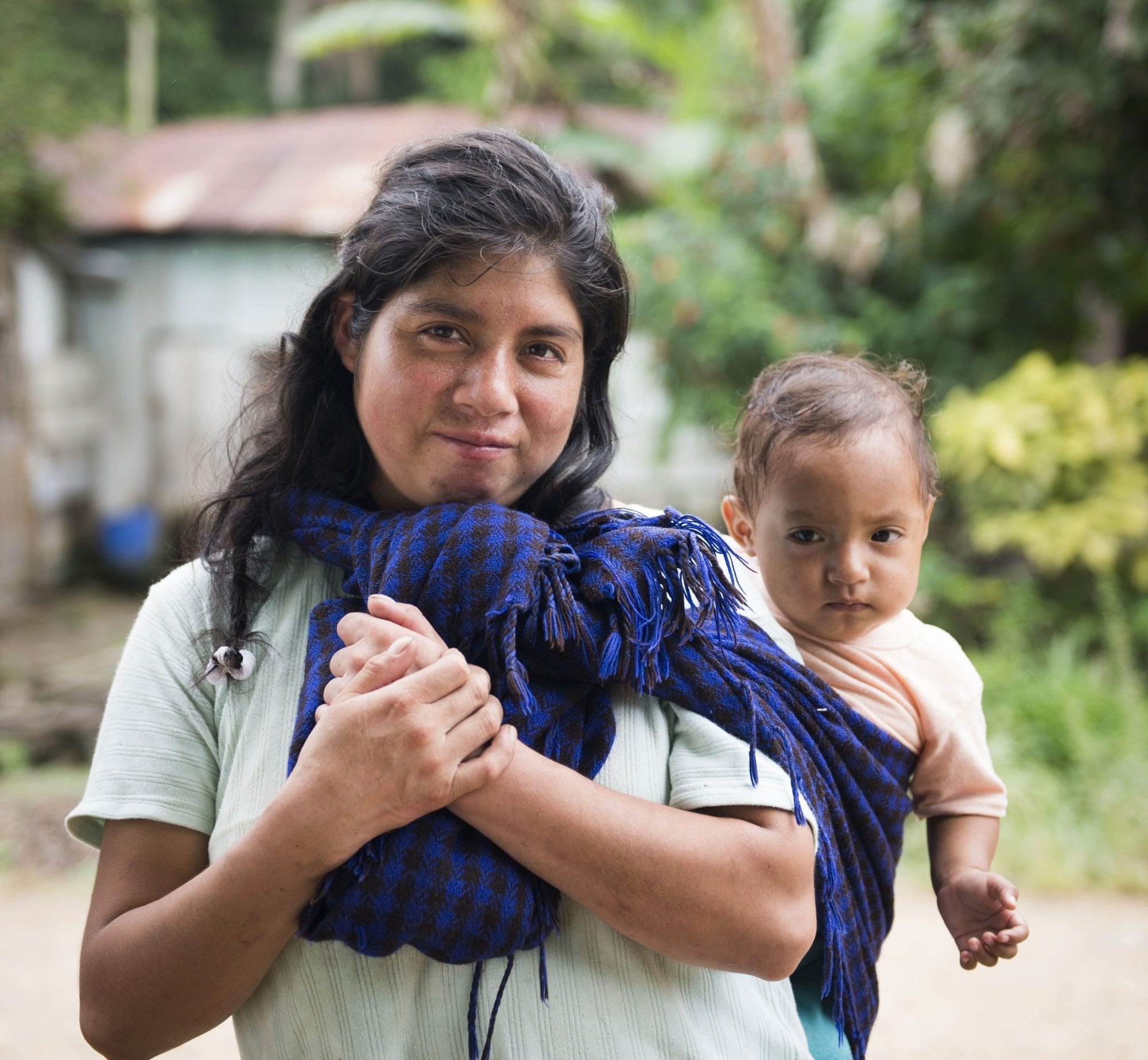
Vilda López, with her daughter, Celestina, is among Peruvian plantation workers represented by two unions, both Solidarity Center allies. Credit: Solidarity Center/Oscar Durand
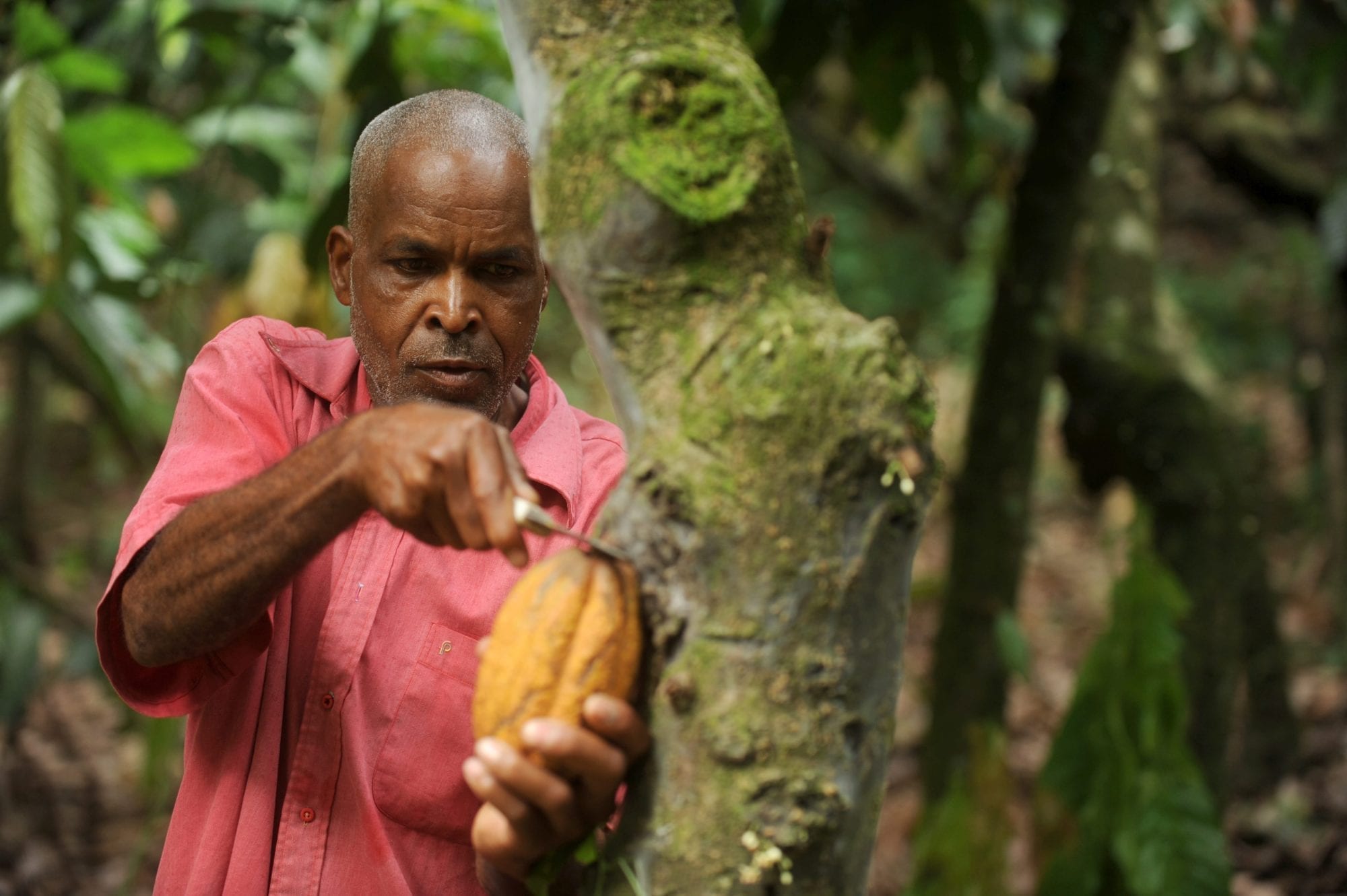
Tomas Reyes cuts cacao fruit in the Los Chepitos organic tree farm of Villa Altagracia. Cacao workers are members of Solidarity Center union ally Movimiento Campesino Dominicano (MCD). Solidarity Center /Ricardo Rojas.
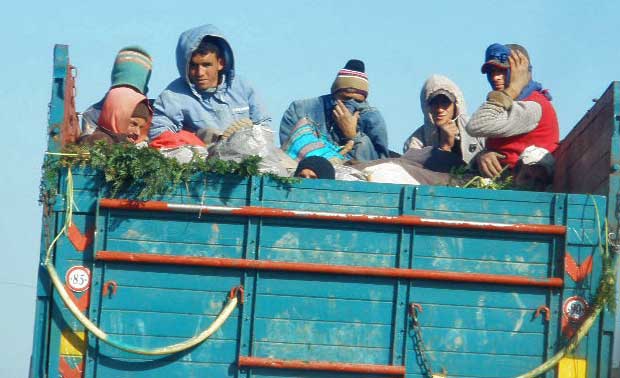
Agriculture workers in Meknes, Morocco, head to work. Credit: Solidarity Center/Hind Cherrouk
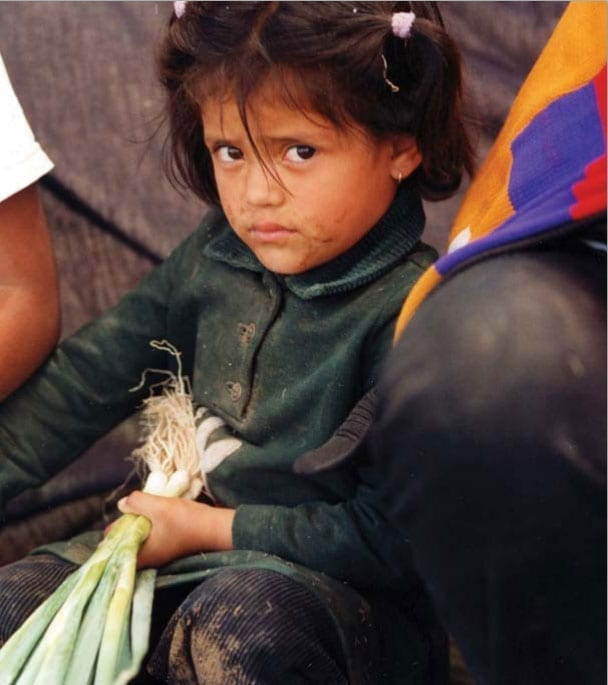
Some 168 million children are forced to work around the world, such a this girl picking scallions in Mexico. When adults are not paid a living wage, children often work to help support the family. Credit: US State Department
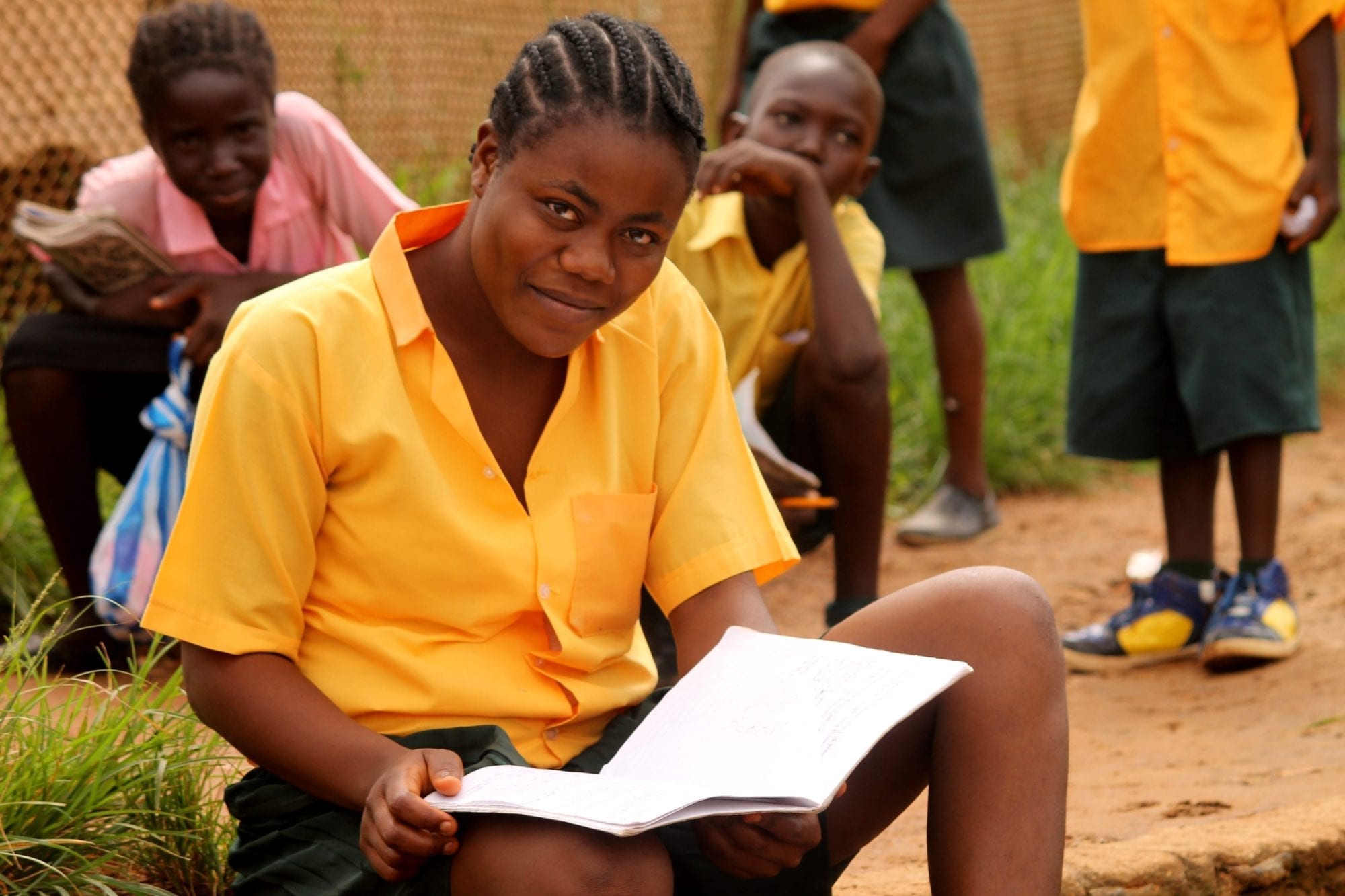
Sorbor S. Tarnue, 17, attends school at the Firestone rubber plantation because her parents’ union, FAWUL, a Solidarity Center ally, negotiated a reduction in the high daily production quota of latex. Parents had been forced to bring their children to work to meet the high quotas.
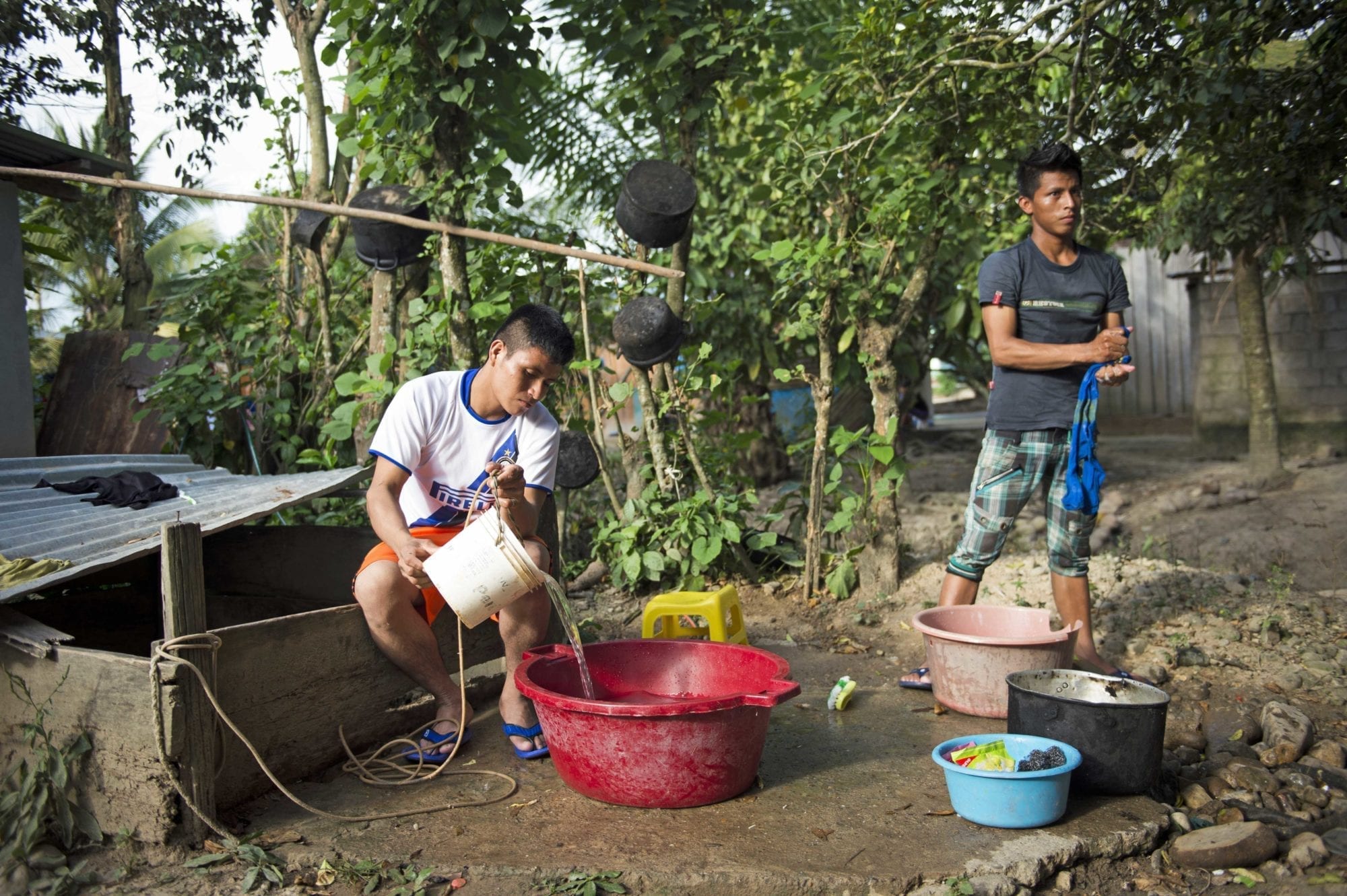
Palm oil workers at Grupo Romero’s Grupo Palmas company live and work on the plantation with their families. The Solidarity Center works with their union to provide training and education for worker support on the job. Credit: Solidarity Center/Oscar Durand
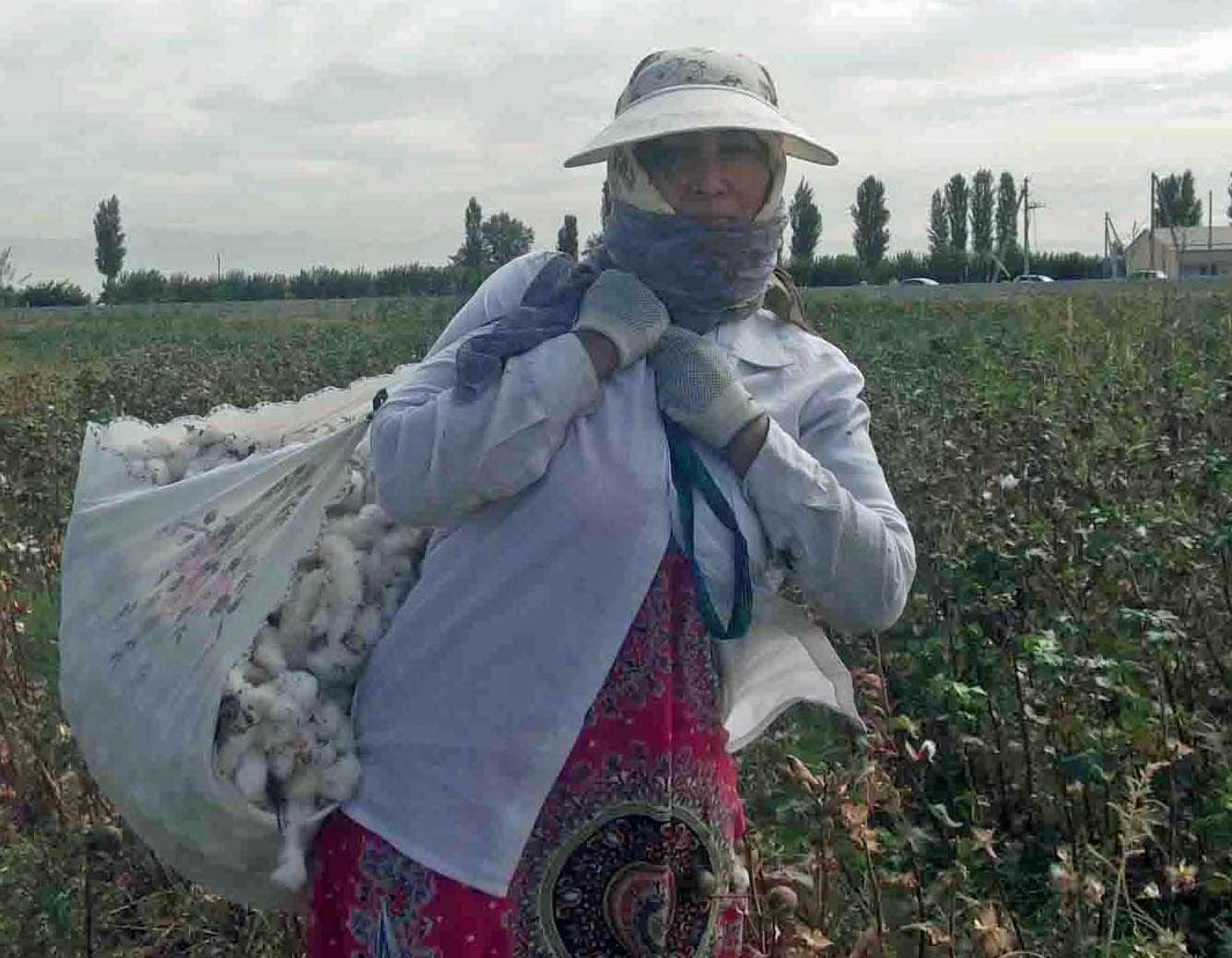
Each year in Uzbekistan, teachers and health care workers are among those forced to work for weeks picking cotton during the annual harvest. Credit: AHRU Cotton Campaign

Some 1,000 agricultural workers on five large farms in Morocco’s fertile Meknes region recently won their first collective bargaining agreement. Workers now receive bonuses if their work exceeds the norm and are provided with safety equipment and social benefits. Solidarity Center ally Confédération Démocratique du Travail signed the pact with the agro-industry employer Les Domaines Brahim Zniber in January. Credit: Solidarity Center/Hind Cherrouk
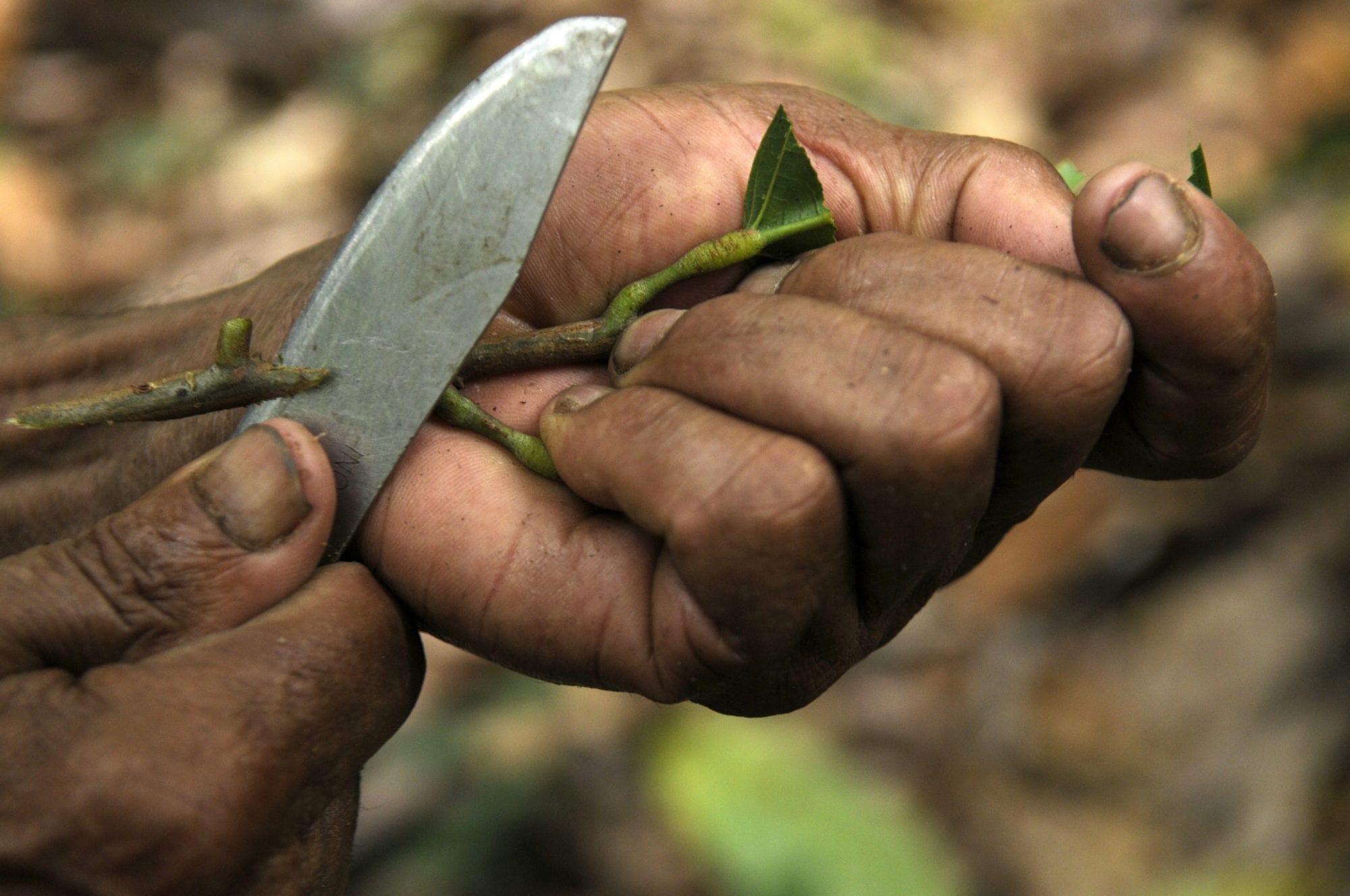
Rafael Doe Via grafts cacao trees in the Los Chepitos organic tree farm of Villa Altagracia, Dominican Republic. Credit: Solidarity Center/Ricardo Rojas
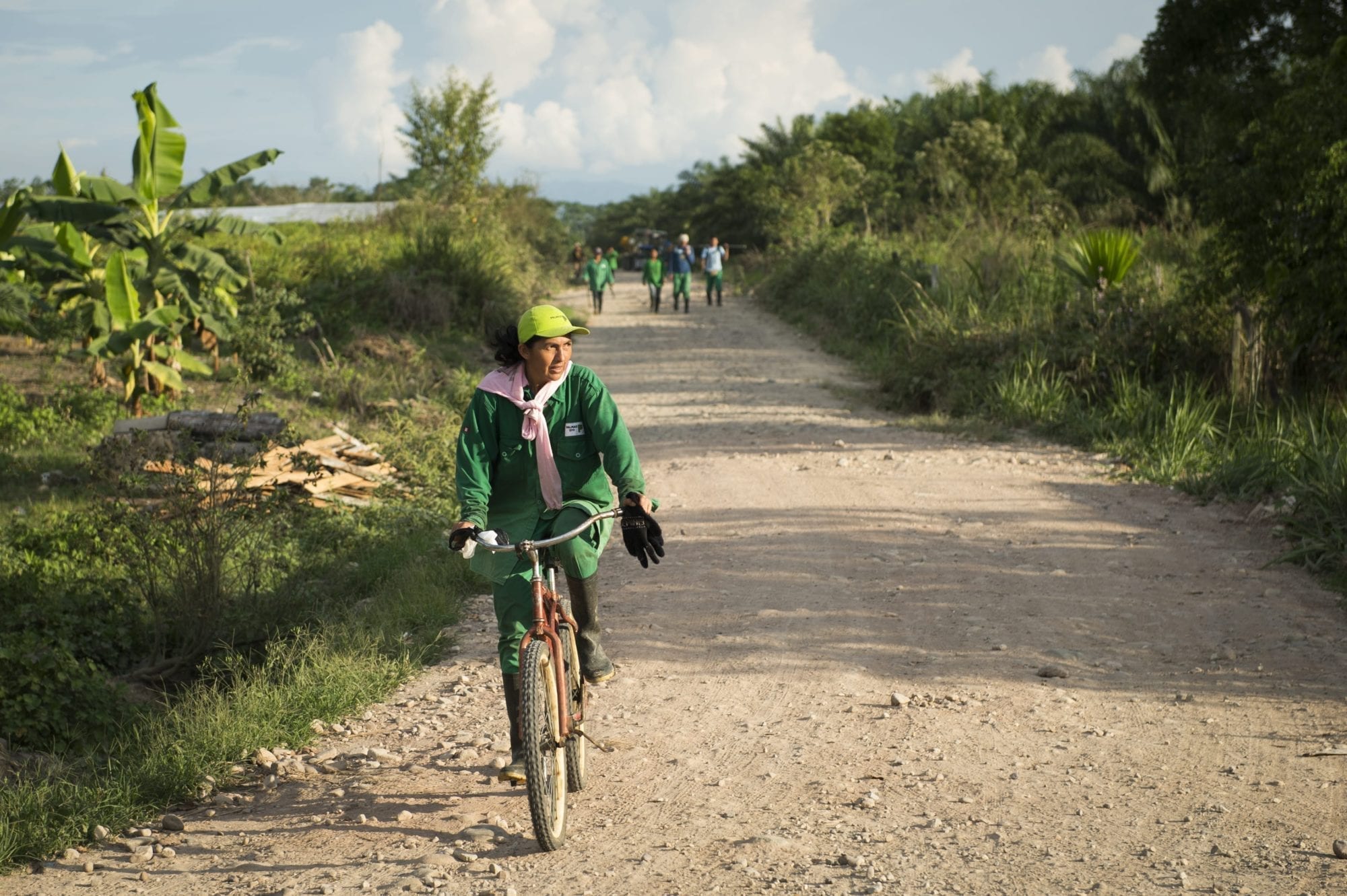
Workers of Palma del Espino arrive at Fray Martin camp, in San Martin, Peru, at the end of a work day. Credit: Solidarity Center/Oscar Durante
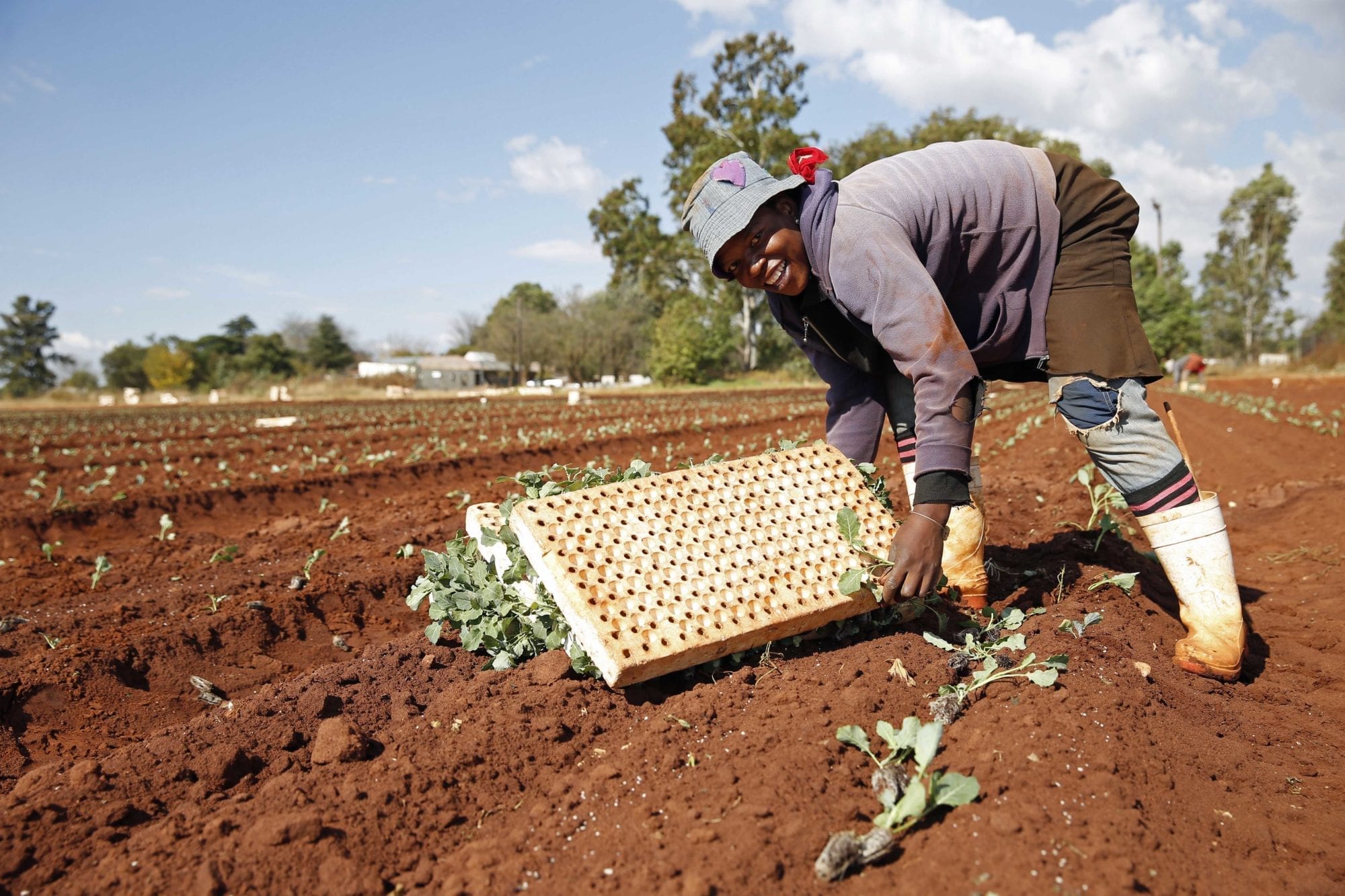
Food and Allied Workers Union (FAWU) members plant cabbage seedlings on a farm in Rustenburg, South Africa. Credit: Solidarity Center/Jemal Countess
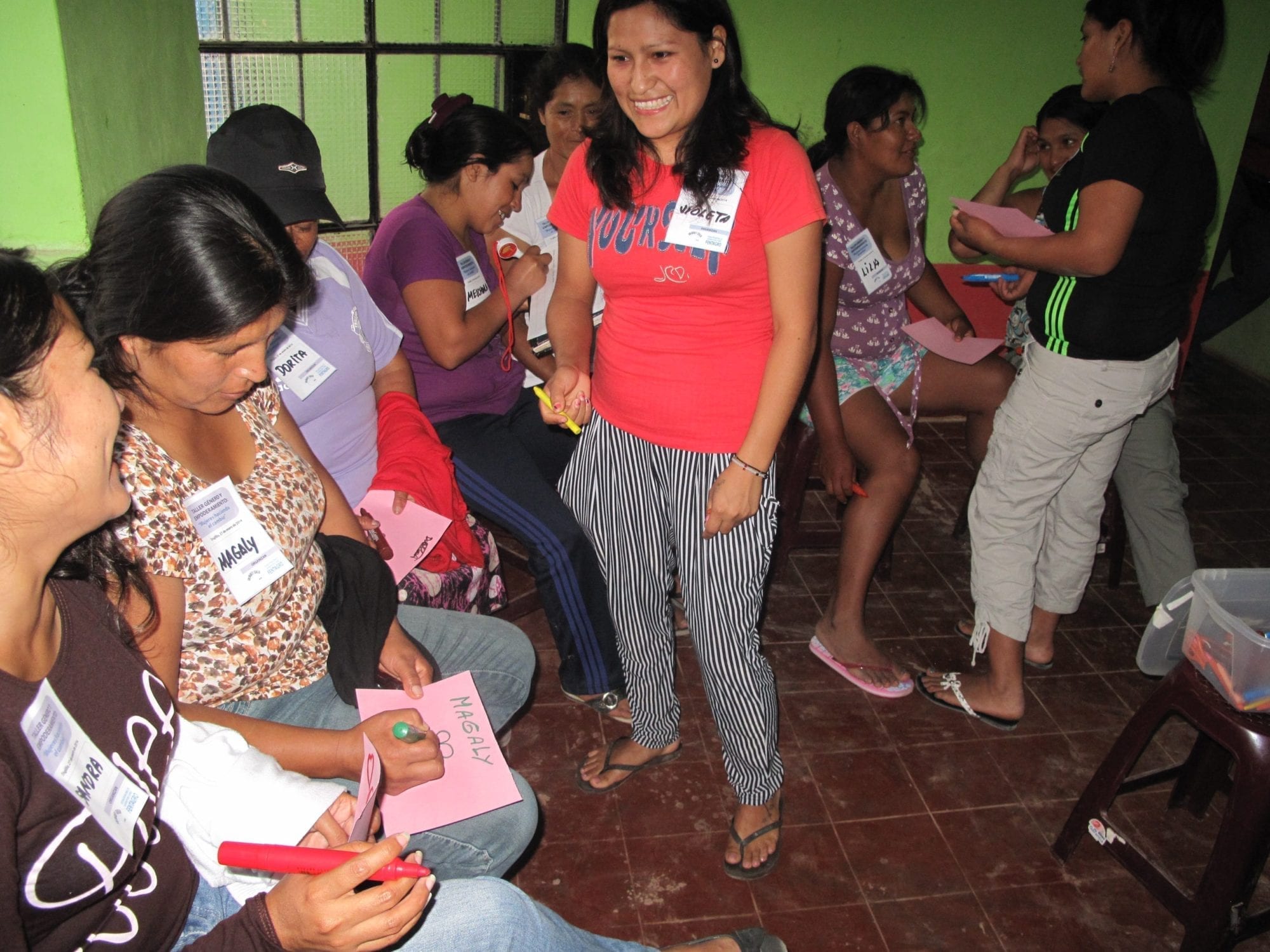
Using new techniques she learned from Solidarity Center training, including public speaking and one-on-one-contact to encourage self-confidence and participation, Violeta, a farm worker in Peru, leads workshops to empower women farm workers. Credit: Solidarity Center/Samantha Tate
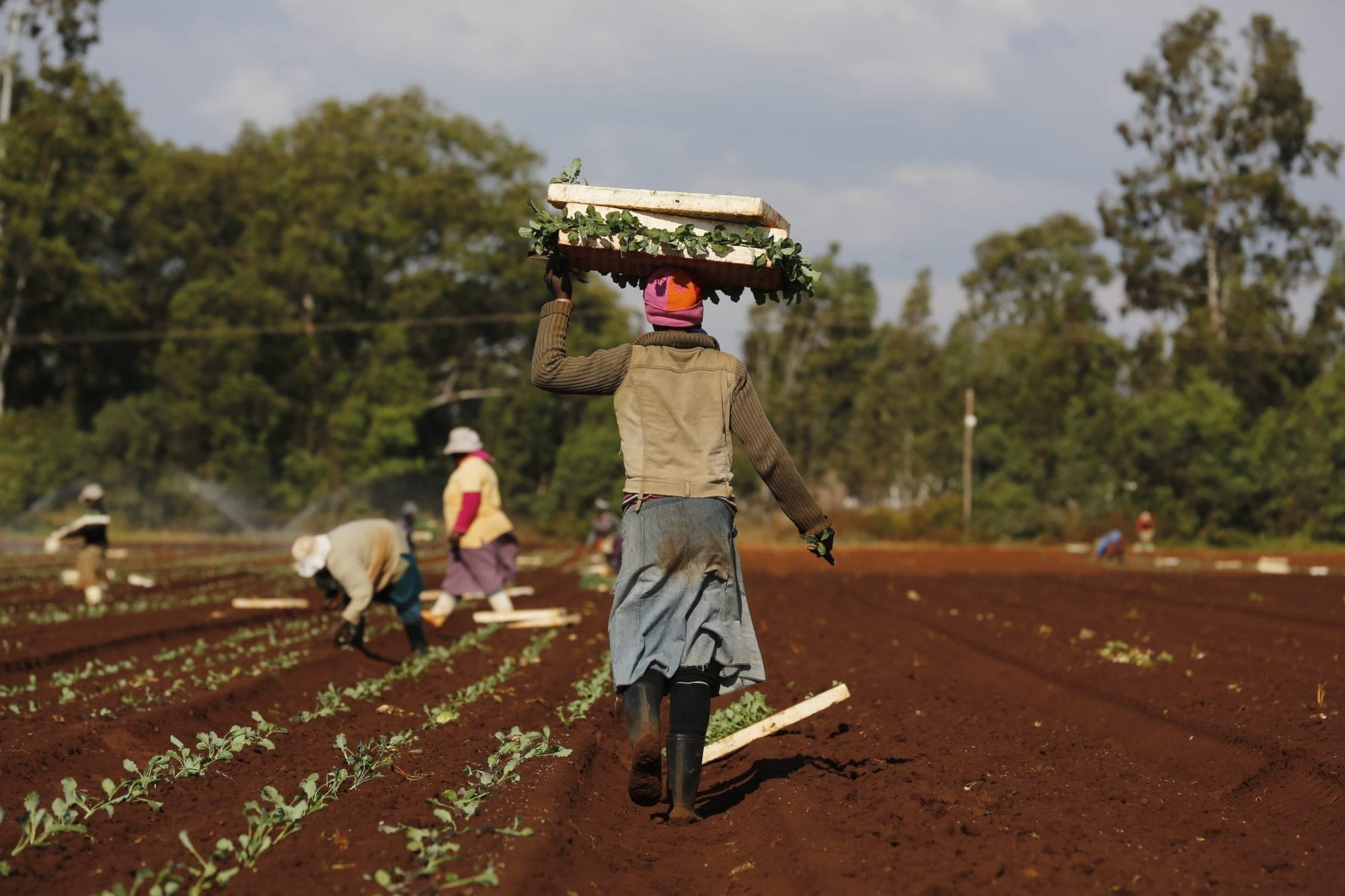
South Africa cabbage planters. Credit: Solidarity Center/Jemal Countess
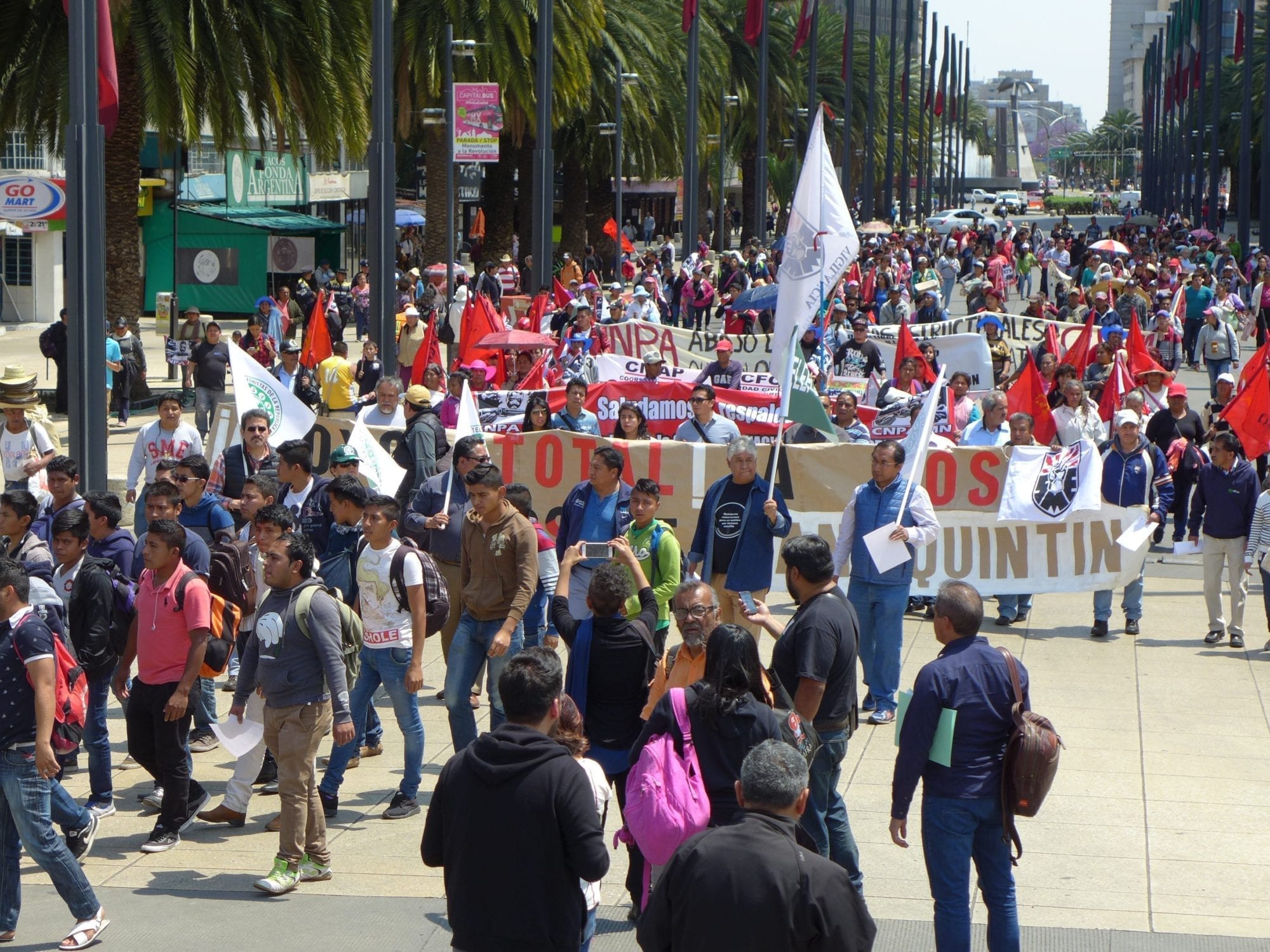
Mar 21, 2017
Dozens of day-labor farm workers (jornaleros) demanded improved wages, democratic representation, an end to sexual harassment and access to clean water as they marched across Mexico in a national caravan, “Fair Wages and Dignified Life.”
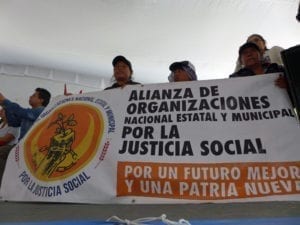
A proposed new law would make it much harder for farm workers to get compensation for job injuries. Credit: Solidarity Center/Gladys Cisneros
The workers, who left Baja California March 4 and arrived in Mexico City on March 17, sought to raise renewed awareness of their struggle for decent working conditions in the San Quintin Valley and hold employers accountable for their failure to uphold agreements reached in 2015. Although the settlement negotiated in 2015 included raising day wages to between 150 and 180 pesos (approximately $7 to $9), these wage levels have been unevenly applied.
“We are here to demand the same things we have been asking for, for two years,” says Lorenzo Rodriguez, general secretary of the SINDJA union.
Following the 2015 jornaleros strike, workers formed a national independent union that has grown to include farm workers from four Mexican states. Registering their independent union, SINDJA, is the only demand that has been met so far, say union leaders. Workers negotiated the agreement with the government, but the agribusiness owners and growers must comply.
“We don’t even have the right to live,” says farm worker leader Bonifacio Martinez. “And with proposed new government reforms, we are forbidden to get sick at work,” he adds, referring to proposed legislation that would place government and employers, not medical professionals, in charge of determining whether an injury is work-related.
A 2015 Los Angeles Times series found many workers on export-oriented farms “essentially trapped for months at a time in rat-infested camps, often without beds and sometimes without functioning toilets or a reliable water supply.”
The national caravan included families of the 43 disappeared students of Ayotzinapa, who continue to seek answers and justice. The march coincided with the two-year anniversary of a historic 12-week strike and popular mobilization in the San Quintin Valley.
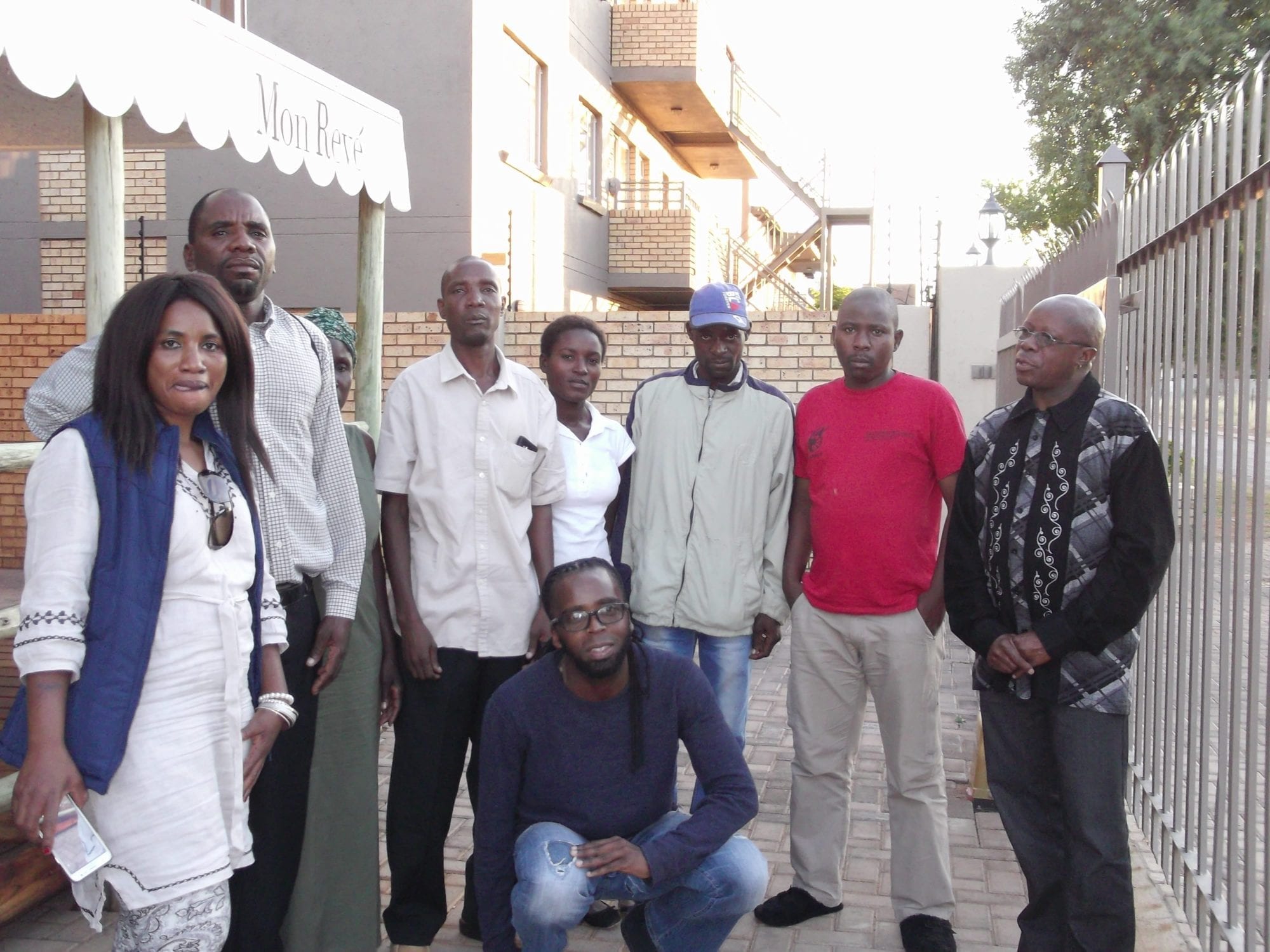
May 18, 2016
Some of the 245 Zimbabwe migrant farm workers brutalized and evicted last September from a large farm in South Africa, where many had toiled for years, have now been vindicated in court.
In a recent court hearing in South Africa, a judge rejected the farm owner’s argument that the workers were on extended strike and should not be compensated or reinstated. The judge offered the workers back pay or reinstatement, and the seven workers present opted for reinstatement to the farm at the legally determined wage.
The judge indicated he could reinstate only workers who were present, and with the assistance of South African Food and Allied Workers Union (FAWU), the seven workers have begun searching for the other workers.
Zimbabwe Migrant Farm Workers Driven from Their Homes
Last August, the Zimbabwean migrant farm workers, who labored on four vegetable farms operated by Johannesburg Farm, asked for a 59-cent-per-day pay increase. The workers, who were paid $120 month, roughly half the legal minimum wage, regularly put in 12-hour days, seven days a week, and were forced to toil 17-hour days during the harvest.
In September and according to witnesses, a group of men led by the farm owner fired rubber bullets at the workers’ homes, setting some on fire to drive workers out of their houses, where they were assaulted and clubbed. One of the workers, Edias, told Solidarity Center staff that he and four other workers were then kidnapped, tortured and interrogated for hours before police arrived. (For farm workers’ safety, we are using first names only.)
Unable to look for other jobs because the farm owner had confiscated their work papers, Edias and the others traveled to a refugee camp in Lephalale, South Africa, where they arrived in December near starvation.
Criminal Case and Wage Case Pending
Two other cases are pending. One involves a criminal hearing, set for late August, on the kidnapping and torture of the farm workers. South Africa’s Labor Department is leading the second case, which focuses on the issue of wage law violations. The Labor Department has the authority to demand back wages to January 1, 2015—which total more than $100,000—and assess penalties for violating the law.
Along with FAWU and the Migrant Workers’ Union of South Africa (MIWUSA), the Solidarity Center has provided key support to the Zimbabwe migrant workers, enabling them to be represented in court, offering material aid, generating public attention for their plight and raising awareness of the often brutal working conditions of migrant workers across South Africa.
The workers who are returning to the farm say they will post the ruling on minimum wages for farm workers and tell Solidarity Center staff that they feel vindicated—like human beings with standing and rights, according to one worker.
Mar 10, 2014
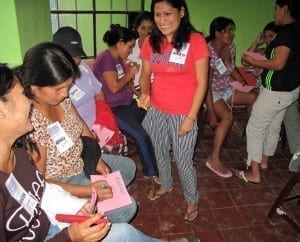
Violeta co-facilitated a workshop after learning skills from a Solidarity Center-sponsiored training. Credit: Samantha Tate
Rosa Pérez was brought to Lima, Peru, from the country’s Northern Sierra when she was a child to work as a domestic worker. As a young adult, she moved to the farming region of La Libertad to make her own way as an agricultural laborer. Thirty years, four children and five grandkids later, Perez has become a bold advocate for her co-workers. She encourages them to document and speak out about problems such as sexual harassment and inadequate safety and protection equipment and training.
Pérez, secretary of Women’s, Child and Adolescent Affairs of the Camposal Workers’ Union (Sindicato de Trabajadores de la Empresa Camposal), is a leader in a Solidarity Center program to empower women farm workers in Peru. Since 2009, the program, which includes the National Federation of Farm Workers (Federación Nacional de Trabajadores de la Agroindustria y Afines, FENTAGRO), has involved training and advocacy activities with unions representing workers in export-oriented agriculture.
The initiative gained momentum after Pérez traveled to São Paulo, Brazil, last year to participate in the Solidarity Center conference, “Women’s Empowerment, Gender Equality and Labor Rights: Transforming the Terrain.” There, she addressed more than 100 women from around the world and described working conditions for women farm workers in Peru and the actions that her union and FENTAGRO are taking to build a better life for women like her daughter, who works alongside her.
Pérez took the strategies she learned from activists at the conference to the farm worker federation’s leadership Friday, the eve of International Women’s Day. Along with the Solidarity Center, Pérez is recommending that La Libertad’s three unions meet with regional government officials and possibly employers to advocate for literacy programs targeting working women. She also plans to propose an awareness-raising campaign for men and women about sharing domestic and family care. The Solidarity Center has also been working with unions to strengthen their arguments for collective bargaining with employers in support of maternity and breastfeeding benefits that are codified in Peruvian law but not generally enforced.
Following the Women’s Empowerment conference, Perez worked with the Solidarity Center to identify 12 dynamic women from three export-oriented agriculture farms to take part in a Solidarity Center training this year geared toward building women’s confidence and strengthening their leadership skills so they can effectively advocate for women workers’ issues within their unions, their workplaces and their communities.
One of the workers who joined the training, Apolonia, is an elected officer in the Union of Agrícola Viru Workers (Sindicato de Trabajadores de la Empresa Sociedad Agrícola Virú, SITESAV). She grows and harvest fruits and vegetables as part of Peru’s export-agriculture industry, which, in 2013, generated $33 million in exports to the United States. She advises her fellow co-workers, especially young women, about how to stay healthy and build strong families while working between 12 hours and 14 hours a day and earning an average daily wage of $12.
Apolonia and other participants in the two-day training discussed how they can improve workplace safety and other issues and shared their dreams about bettering their workplaces, unions and households.
Two weeks after the leadership training, nearly all of the women who participated in the workshop, including Violeta and María Luna, who had been reluctant to speak in public, co-facilitated small workshops with groups of their peers using the new techniques they learned from the Solidarity Center training, including public speaking and one-on-one-contact to encourage self-confidence and participation.
The La Libertad network of women farm workers now has a compact disk with the stories of 32 Peruvian women leaders they can share in small study circles or at worker assemblies and when training other groups of women. It is the beginning of a much longer process that already has helped a group of powerful women to find their voice and begin to use it.





















